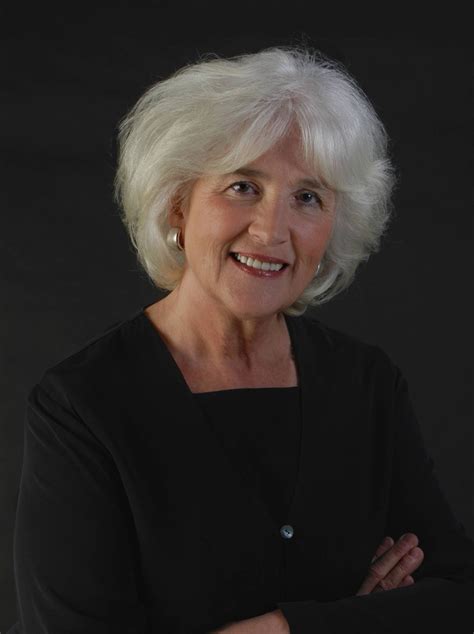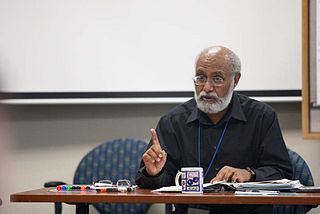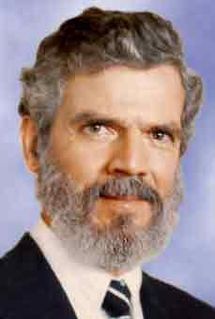A Quote by Martin O'Malley
The attitude in Baltimore in 1999 was almost one of resignation, that our problems were bigger than our capacity to handle them.
Related Quotes
It is in the ordinary events of every day that we develop the proactive capacity to handle the extraordinary pressures of life. It's how we make and keep commitments, how we handle a traffic jam, how we respond to an irate customer or a disobedient child. It's how we view our problems and where we focus our energies. It's the language we use.
Self-absorption in all its forms kills empathy, let alone compassion. When we focus on ourselves, our world contracts as our problems and preoccupations loom large. But when we focus on others, our world expands. Our own problems drift to the periphery of the mind and so seem smaller, and we increase our capacity for connection - or compassionate action.
It may well be that our means are fairly limited and our possibilities restricted when it comes to applying pressure on our government But is this a reason to do nothing? Despair is nor an answer Neither is resignation Resignation only leads to indifference, which is not merely a sin but a punishment.
By our attitude, we decide to read, or not to read. By our attitude, we decide to try or give up. By our attitude, we blame ourselves for our failure, or we blame others. Our attitude determines whether we tell the truth or lie, act or procrastinate, advance or recede, and by our own attitude we and we alone actually decide whether to succeed or fail.
I believe that if we are to survive as a planet, we must teach this next generation to handle their own conflicts assertively andnonviolently. If in their early years our children learn to listen to all sides of the story, use their heads and then their mouths, and come up with a plan and share, then, when they become our leaders, and some of them will, they will have the tools to handle global problems and conflict.
We are more than our problems. Even if our problem is our own behavior, the problem is not who we are-it's what we did. It's okay to have problems. It's okay to talk about problems-at appropriate times, and with safe people. It's okay to solve problems. And we're okay, even when we have, or someone we love has a problem. We don't have to forfeit our personal power or our self-esteem. We have solved exactly the problems we've needed to solve to become who we are.
What my experience has taught me is that regardless of how complicated the problems might appear, it is possible to work through them and find solutions that are mutually satisfactory to every stakeholder in the problem... most of our problems on this earth are created by us and therefore we have the capacity and the obligation to unmake them.
Our knowledge and our ability to handle our problems progress through the open conflict of ideas, through the tests of phenomenological adequacy, inner consistency, and practical-moral consequences. Reason may err, but it can be moral. If we must err, let it be on the side of our creativity, our freedom, our betterment.


































